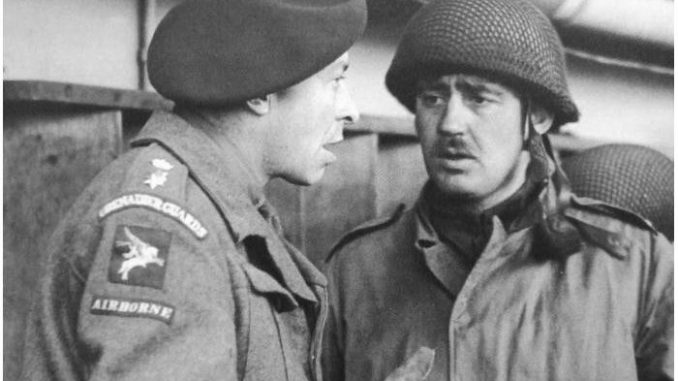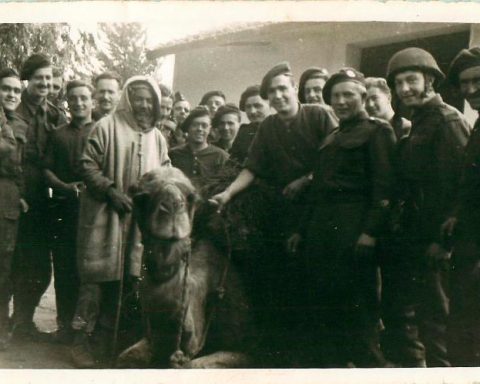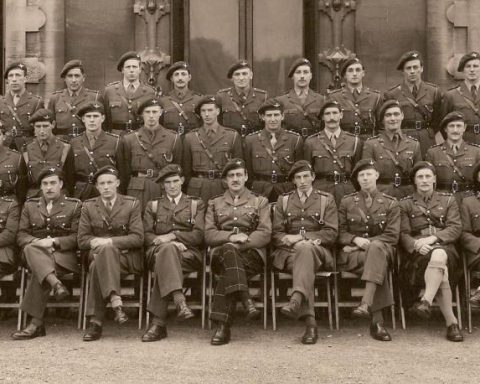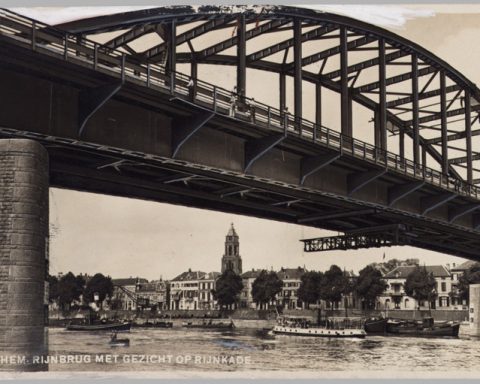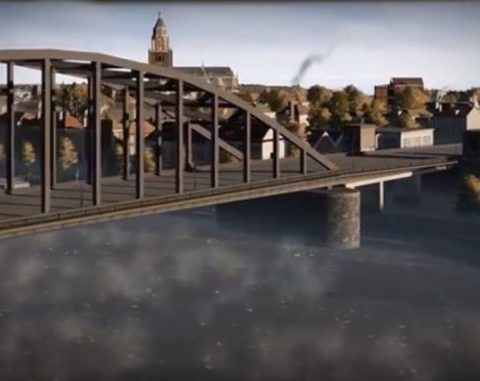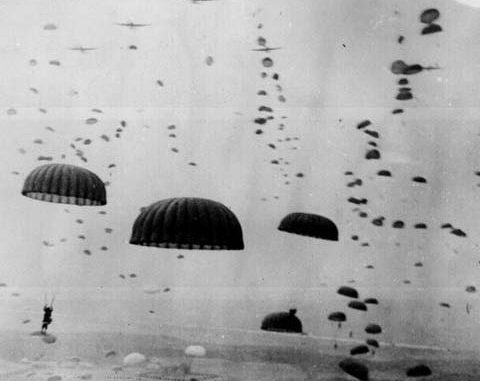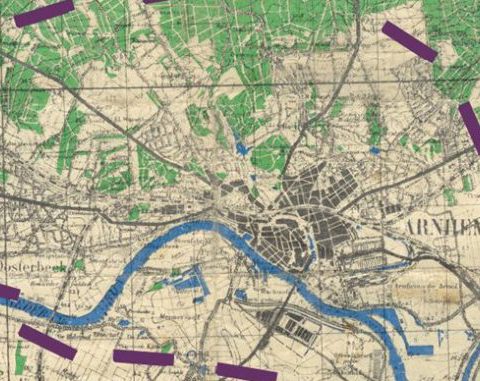John Frost’s name is forever associated with the Battle of Arnhem and the heroic battle that Colonel Frost’s men fought at the Rhine Bridge.
For three days, the British paratroopers led by Frost fought a bitter fight against a large force of German SS-soldiers. Only when they ran out of ammunition on the evening of Wednesday September 21 1944 and there were few British soldiers left who were not wounded or killed, did they surrender to the Germans.
Long before the Battle of Arnhem, John Frost was a war hero in his own country. This was due to a successful operation that Frost was in charge of in early 1942: the Bruneval Raid (also known as Operation Biting).
Wurzburg radar
At the end of 1941, the British wanted to know how far the Germans were in the development of radar. The Germans had installed various radar installations on the French west coast. The British wanted to get hold of a copy, preferably with a German operator as well.
British reconnaissance aircraft had seen one near the French village of Bruneval in Normandy, near the coast.
Because the Würzburg radar installations on the French coast were well protected by German soldiers, the English realized that a commando attack from the sea would probably lead to many casualties and little chance of success.
A quick aerial strike with paratroopers might have been a little more likely to succeed, the British military leadership thought. Nevertheless, the chances of success still looked lousy on paper.
British paratroopers should land in the vicinity of the radar installation unseen at night. They had to deal with the approximately 100 German soldiers present who protected the radar and capture the radar installation before the Germans were able to destroy the Würzburg radar.
Then a German operator who knew how the Wurzburg radar worked had to be found and together with the captured operator, the British had to retreat to the beach, where they had to be picked up by British landing craft that were supposed to slip past German coastal patrols.
It would not be a very easy operation….
1st Airborne Division
The British military leadership approached General Frederick Browning, who was just setting up the 1st Airborne Division, to ask if he had any men available.
Browning had just finished a first battalion of paratroopers who had completed their training, but he preferred not to use it for the operation. He therefore chose a company from the second battalion, which consisted of soldiers who had just started their training.
This company was led by one John Frost, who had also just started his training as a parachutist. The Frost Company, then still with the rank of major, spent two months training with the RAF and the Royal Navy for the air and sea operation. A dress rehearsal held on the British coast in February 1942 was a major failure, but a few days later it was decided to carry out the operation.
Urination break
Together with 119 other British paratroopers, John Frost landed unnoticed at Bruneval at the agreed location overnight. Frost had divided his men into different teams, each with their own task.
Before Frost and his men took action, however, a short pee was taken at the landing site. It had been dying cold on board the transport planes from England and the British paratroopers had tried to keep warm by drinking gallons of tea along the way.
After the toilet break, the airborne troops took action. One team set about disassembling the unattended radar installation. Another team occupied a villa close to the radar installation, because it was suspected that the radar operators camped there. The remaining soldiers were in position to attack the German garrison at a nearby farm.
The British made three prisoners of war at the villa, after a brief gunfight, including a radar operator. The German garrison was alarmed by the firefight. They were immediately attacked by the British paratroopers.
After the main parts of the radar had been demolished in half an hour and loaded onto a small cart, Major Frost ordered the men to retreat to the beach, a few hundred yards away.
That beach was guarded by Germans, but the German soldiers were eliminated after a short gun fight. The German garrison advanced cautiously toward the beach in the dark, while the English shot from the beach at everything they saw moving.
Six landing boats arrived at the beach with some delay. The British sailed home without incidents.
The action was a great success. All goals were met, and casualties were minimal: two dead, six injured.
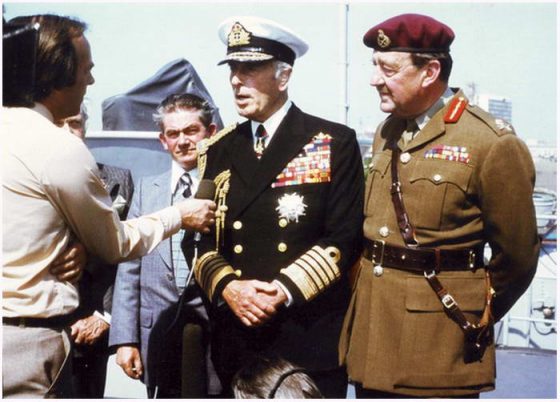
Churchill
Upon return, the British press writes extensively jubilant stories about the successful commando action of Frost and his men. The British army is still everywhere on the retreat in early 1942 and the successful Bruneval Raid is a huge boost to morale in the United Kingdom.
Winston Churchill even invites John Frost to report extensively to the government on the action in France in the War Cabinet.
Due to the success of the Bruneval Raid, Frost is promoted to colonel and receives the Military Cross in May 1942.

